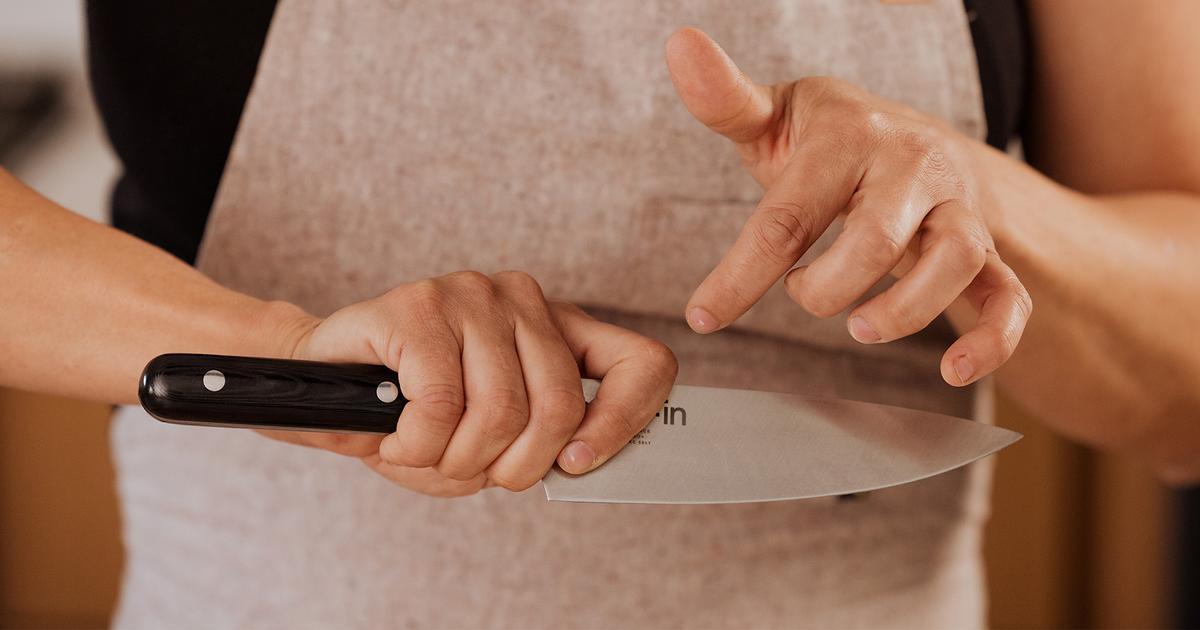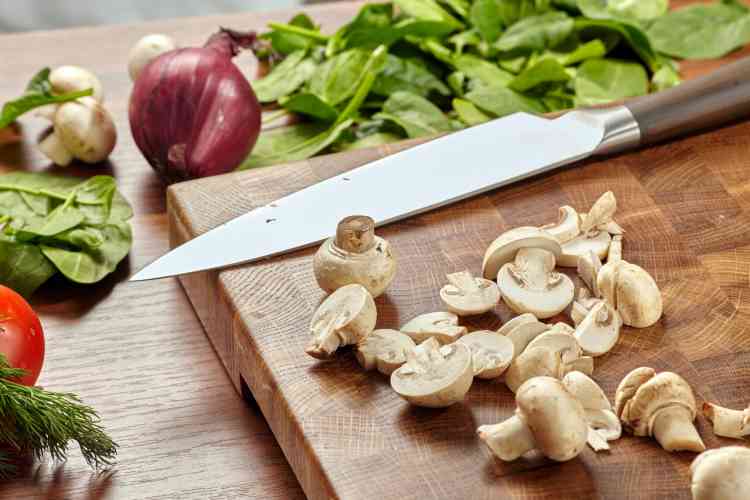In the world of culinary arts, the right tools can make all the difference. For kitchen professionals who are well-versed in the nuances of cooking, choosing the right German knife cutting board options is essential. With Germany's rich heritage in knife craftsmanship, finding the perfect cutting board to complement these knives is equally crucial. This article dives into the best options available, providing insights for those who demand precision and quality in their kitchen.

Understanding the Importance of a Good Cutting Board
For any culinary expert, a cutting board is more than just a surface to chop ingredients. It affects the longevity and performance of your knives. The right cutting board can enhance your chopping, slicing, and dicing experience, while also preserving the sharpness and integrity of your German knives.
German knives, renowned for their durability and precision, require specific cutting boards that can withstand regular use without damaging the blade. This is why selecting the right cutting board option is vital for kitchen professionals who rely on their tools daily.
Types of Cutting Boards Suitable for German Knives
Wooden Cutting Boards
Wooden cutting boards have always been a favorite among chefs. They are gentle on knife edges, making them an excellent choice for German knives. Hardwoods like maple, walnut, and cherry are popular choices due to their durability and natural antibacterial properties.
To maintain a wooden cutting board, regular oiling is necessary. This ensures the board remains hydrated, preventing it from warping or cracking over time. For more tips on knife care, explore the Victorinox Knife Care Guide.
Bamboo Cutting Boards
Bamboo is another eco-friendly option that's gaining popularity. It's harder than traditional wood, which makes it resistant to knife marks. However, bamboo can dull knives faster than softer woods, so it's crucial to regularly sharpen your German knives when using a bamboo board.
Plastic Cutting Boards
Plastic cutting boards are easy to sanitize and come in various colors, allowing chefs to avoid cross-contamination by using different boards for different food types. They are less forgiving on knife edges compared to wood but are a practical choice for high-volume kitchens that prioritize hygiene.
Choosing the Right German Knife for Your Board
Pairing the right knife with your cutting board is crucial for optimal performance. German knives, known for their precision and balance, come in various styles suited for different tasks. Whether it's a chef's knife, paring knife, or cleaver, each has unique features that can be enhanced by using the right cutting board.
For instance, a chef's knife is versatile and works well with both wooden and plastic boards. A cleaver, known for its heft and chopping power, might benefit from a thicker board that can absorb the impact without damaging the blade. For more insights, read German Knife vs. Cleaver.
Maintaining Your German Knife and Cutting Board
Proper maintenance of both your knife and cutting board can extend their lifespan significantly. For knives, regular sharpening and honing are essential to maintain their edge. For cutting boards, cleaning them immediately after use and applying mineral oil periodically can prevent damage and bacterial growth.
Maintaining your tools not only ensures their longevity but also enhances safety in the kitchen. Well-maintained knives and cutting boards reduce the risk of accidents, allowing chefs to work with confidence and precision.
Conclusion
Choosing the right German knife cutting board options is a decision that can elevate your culinary experience. By understanding the different types of cutting boards and their compatibility with German knives, kitchen professionals can make informed choices that enhance their craft. As you explore the world of cooking, remember that the right tools are an extension of your skills, and investing in quality options will pay off in the long run.
For further insights into the world of German knives, visit The Legacy of Solingen.

FAQs
What is the best type of cutting board for German knives?
Wooden cutting boards, particularly those made from hardwoods like maple or walnut, are the best choice as they are gentle on the knife's edge and durable.
How often should I oil my wooden cutting board?
It is recommended to oil your wooden cutting board once a month or whenever it starts to look dry, to maintain its condition and prevent cracking.
Can I use a glass cutting board with German knives?
It is not advisable to use glass cutting boards with German knives as they can quickly dull the blade and increase the risk of chipping.


























